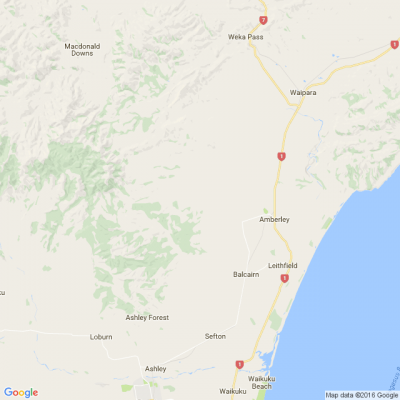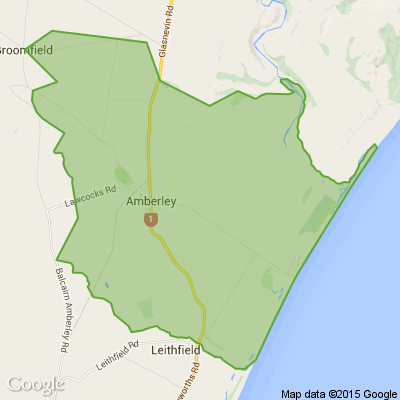Hurunui’s roading quandary
From local democracy reporter David Hill:
How to fund rural roads and make them resilient is an ongoing challenge for the Hurunui District Council.
The council maintains one of the largest roading networks per capita in the country with 1460km of local roads, excluding State Highways 1 and 7, with a relatively small ratepayer base.
The population is about 13,000, meaning there was about 112 metres of road per person.
Hurunui District Council chief executive Hamish Dobbie said the roads were designed for an earlier time and were not equipped to cope with today’s heavier vehicles and more frequent rain events.
Roading was funded 52 percent from Waka Kotahi NZ Transport Agency’s One Network Fund (ONF), but when there was a funding shortfall ratepayers were left to pick up the full cost.
The funding was largely for maintenance, though the council could apply for emergency funding after severe weather events.
‘‘Hurunui roads have been rated lowly in the ONF and historically we have had low maintenance costs due to being a dry weather district,’ Dobbie said.
‘‘But with more frequent weather events, our resilience is being impacted. Our network is not designed for those events, so it needs capital works rather than maintenance.’’
Mayor Marie Black said larger vehicles, such as stock trucks and milk tankers, provided economic value to the country, but the council did not always get the funding support it needed.
‘‘We are stuck in the bind of not being able to meet the needs and expectations of our community.’’
While the push was to low emission vehicles, Dobbie said those options did not work as well in rural areas due to the distance, the nature of the rural sector and vehicle design.
‘‘Small vehicles are designed for urban roads, so rural communities are pushed more to SUVs and four-wheel drives.’’
Incentives for moving to electric vehicles were introduced under the previous National government and Waimakariri MP Matt Doocey said it was time to rethink how roading was funded.
‘‘As we move to Net Zero (emissions) by 2050, we’ve got to make sure we maintain our roading network.
‘‘The whole thing needs to be looked at, including the settings around small councils with a low ratepayer base and high kilometres to fund.’’
A spokesperson for Transport Minister Michael Wood said the government had increased investment in low emission transport choices, including walking and cycling, public transport and electric vehicles, as well as infrastructure.
A total of $1.2 billion was forecast to be invested in Canterbury in the 2021–24 National Land Transport Programme.
A Waka Kotahi spokesperson said the agency was developing a Climate Change Adaptation Plan in the wake of climate change and increased severe weather events.
It hoped to release the plan by the end of the year, before developing a separate implementation plan.
■ Public interest journalism funded through New Zealand on Air.

Neighbourhood Challenge: Who Can Crack This One? ⛓️💥❔
What has a head but no brain?
Do you think you know the answer? Simply 'Like' this post if you know the answer and the big reveal will be posted in the comments at 2pm on the day!
Want to stop seeing these in your newsfeed?
Head here and hover on the Following button on the top right of the page (and it will show Unfollow) and then click it. If it is giving you the option to Follow, then you've successfully unfollowed the Riddles page.

Ashley Christmas Carol Service - All Welcome
Time for our annual Christmas Carol Service.
7 pm Wednesday 24 December - that's Christmas Eve.
39 Canterbury St, in the Ashley Village - signposted from Scenic Route 72.
Our guest service leader, Paul Askin, and his band of talented musicians will take us through a programme of favourite carols and worship.
Supper to follow.
A koha/donation will be greatly appreciated. Funds raised go towards the maintenance and repairs of our heritage building.
Enquiries: Ph 027 289 1380

Some Choice News!
Many New Zealand gardens aren’t seeing as many monarch butterflies fluttering around their swan plants and flower beds these days — the hungry Asian paper wasp has been taking its toll.
Thanks to people like Alan Baldick, who’s made it his mission to protect the monarch, his neighbours still get to enjoy these beautiful butterflies in their own backyards.
Thinking about planting something to invite more butterflies, bees, and birds into your garden?
Thanks for your mahi, Alan! We hope this brings a smile!








 Loading…
Loading…